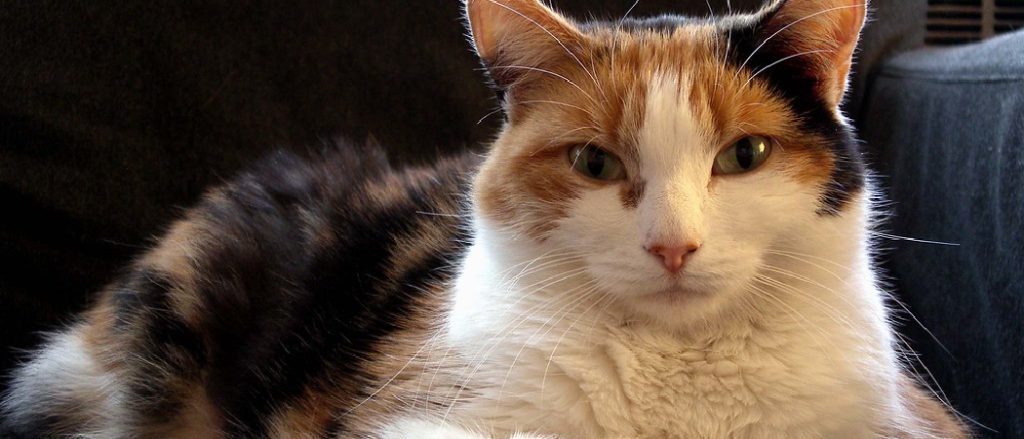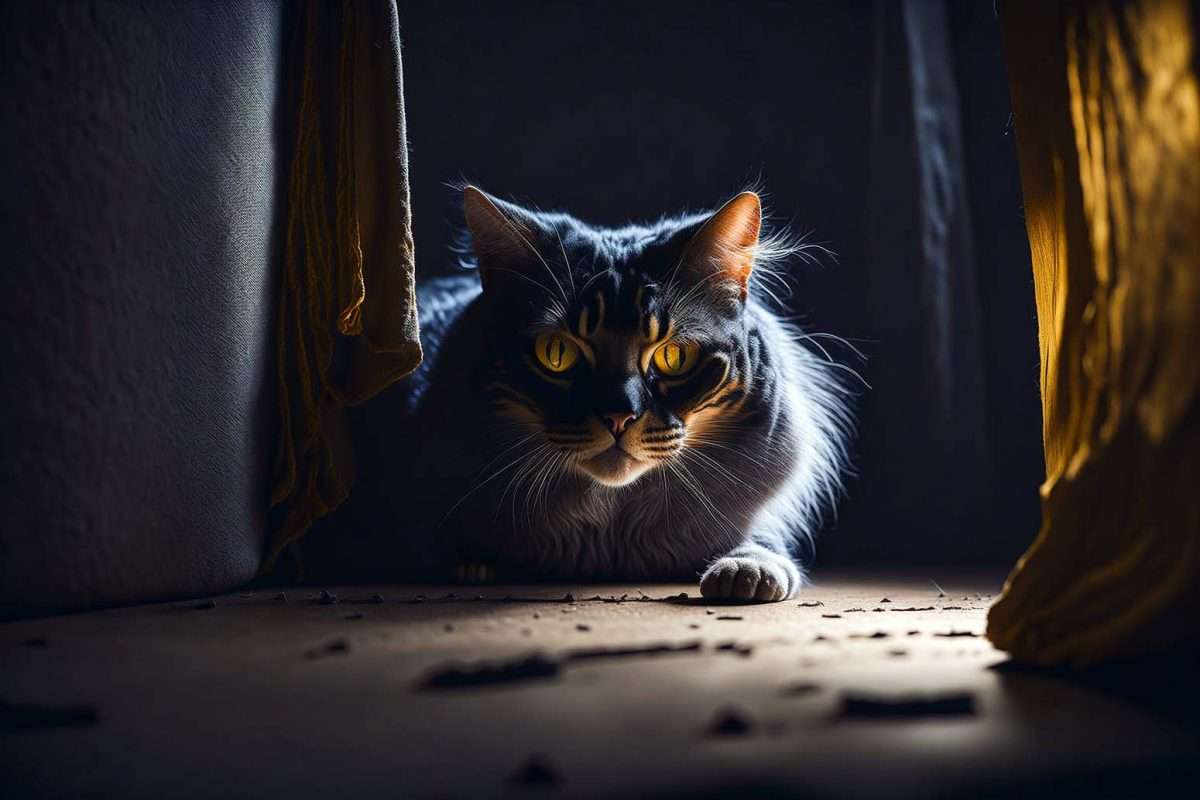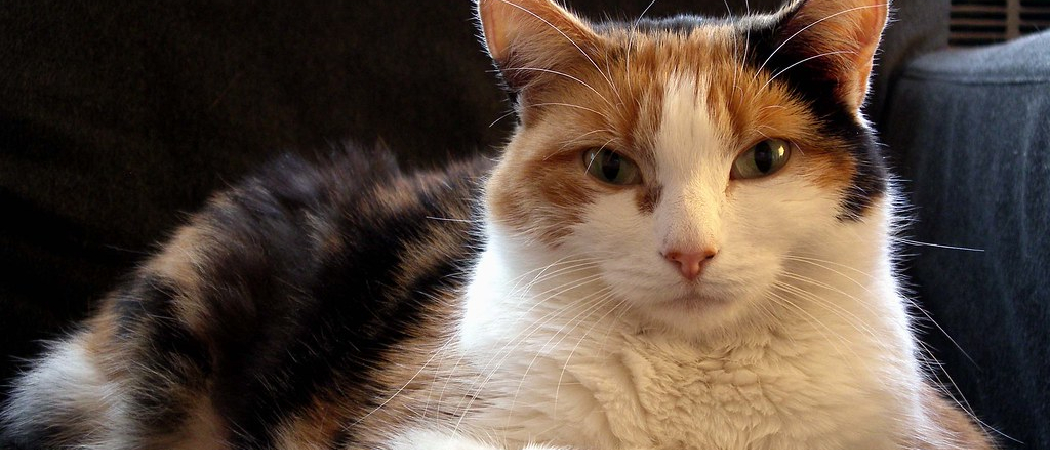Your cat may be losing whiskers due to natural shedding or underlying health issues. When whiskers start falling out, it could be a normal part of the cat’s natural cycle of growth and renewal.

However, if the whisker loss is excessive or accompanied by other symptoms such as skin irritation, it could indicate a underlying health concern. Whiskers are not only a sensory tool for cats, but they also play a role in their overall balance and coordination.
This guide aims to explore the potential reasons behind whisker loss in cats and provide insights into when it’s time to seek veterinary attention. We’ll cover common causes such as age, stress, improper grooming, and potential medical conditions. Understanding the potential triggers of whisker loss can help cat owners ensure their feline friends remain healthy and vibrant.
Understanding Whiskers
The Importance Of Whiskers
Whiskers, scientifically known as vibrissae, are not simply a cute feature of your feline friend. They play a crucial role in your cat’s overall well-being. While it may seem alarming when your cat starts losing whiskers, it’s essential to understand why this may occur and what it means for your pet.
Cats use their whiskers for a variety of functions that are integral to their daily lives. One of the most important purposes is giving them sensory information about the environment around them. Whiskers are highly sensitive, equipped with sensory nerves that allow cats to perceive even the slightest changes in their surroundings. By brushing against objects or detecting air currents, whiskers help cats navigate and gauge distances with remarkable precision. This valuable sense is particularly crucial when it comes to hunting, as whiskers aid in tracking and capturing prey.
Moreover, whiskers also serve as social cues among cats. During interactions, whiskers can convey information about your cat’s mood, attitude, and intentions to other animals. As your cat engages in play or encounters new experiences, its whiskers actively communicate, playing a role in maintaining harmonious relationships with other felines and even humans.
Structural Characteristics Of Whiskers
Understanding the structural characteristics of your cat’s whiskers can shed light on why they are susceptible to breakage or loss. Whiskers are not average hairs; they are thick, stiff, and deeply rooted in your cat’s face. They are typically arranged in four regular rows on either side of the upper lip and cheeks, with an average length equal to the width of your cat’s body, known as the whisker span.
Upon close inspection, you may notice that whiskers are considerably thicker at the base, where they connect to nerve endings in the follicles, providing your cat with their sensory capabilities. Due to this unique structure, whiskers are more prone to breakage if subjected to excessive force or pressure. It’s important to note that whiskers shed naturally and are replaced over time, similar to regular hairs.
Ensuring your cat’s whiskers remain intact is crucial for their well-being. Avoid trimming or plucking their whiskers, as this can disorientate and distress them, compromising their ability to navigate their surroundings with confidence.
In conclusion, understanding the importance of whiskers and their structural characteristics allows us to appreciate how vital these sensory appendages are to our feline companions. By providing the care and understanding they need, we can ensure that our cats continue to thrive in their environment with their trusty whiskers intact.

Credit: www.facebook.com
Common Reasons For Cat Whisker Loss
When it comes to our furry feline friends, it’s natural for them to lose a whisker every now and then. However, if you notice that your cat is losing more whiskers than usual, it may be a cause for concern. There are several common reasons why cats may experience whisker loss. In this article, we will explore three of these reasons: natural shedding, stress or anxiety, and medical conditions.
Natural Shedding
Just like humans, cats continuously go through a shedding process to replace old and damaged whiskers with new ones. Whiskers are not only a sensory tool for cats, but they also serve as a way for them to communicate and navigate their surroundings. It’s important to note that the shedding of whiskers is a normal occurrence and should not be a cause for alarm.
Stress Or Anxiety
Cats can be sensitive creatures, and stress or anxiety can manifest in various ways, including whisker loss. If your cat is experiencing any major changes in their environment, such as moving to a new home or the introduction of a new pet, they may become stressed or anxious, which could lead to excessive shedding of whiskers. Providing a calm and secure environment for your cat and offering plenty of opportunities for play and relaxation can help alleviate stress and reduce whisker loss.
Medical Conditions
In some cases, whisker loss may be a symptom of an underlying medical condition. Medical conditions such as dermatitis, ringworm, or infections can cause whisker loss in cats. If you notice that your cat is losing an excessive number of whiskers or if they are exhibiting other signs of illness, it’s crucial to seek veterinary attention. A veterinarian will be able to properly diagnose and treat any underlying medical conditions that may be causing the whisker loss.
When To Seek Veterinary Care
If you notice that your cat is losing whiskers, it’s important to monitor the situation closely. While occasional whisker loss is normal, excessive or sudden whisker loss can be a cause for concern. In some cases, it may indicate an underlying health issue that requires veterinary attention. This section will discuss the signs that indicate it’s time to seek medical care for your furry friend.
Excessive Whisker Loss
If your cat is losing an excessive amount of whiskers, it’s crucial to take notice. While individual whiskers may shed naturally and be replaced over time, losing too many whiskers at once can be a red flag. Excessive whisker loss could indicate a problem with your cat’s overall health and should not be taken lightly.
Accompanying Symptoms
If your cat is experiencing excessive whisker loss, there may also be accompanying symptoms that warrant veterinary care. Keep an eye out for any changes in your cat’s behavior or appearance that may be indicative of an underlying issue. These symptoms could include:
- Weight loss or gain
- Changes in appetite or thirst
- Lethargy or decreased activity levels
- Vomiting or diarrhea
- Visible skin irritation or redness
If you notice any of these symptoms in addition to whisker loss, it’s vital to schedule a visit to your veterinarian. These signs can help them determine the root cause of your cat’s whisker loss and provide the appropriate treatment.
Remember, as a responsible pet owner, it’s essential to be vigilant about your cat’s well-being. If you have any concerns about your cat’s whiskers, whisker loss, or general health, don’t hesitate to seek professional veterinary care. Your veterinarian is the best resource to diagnose and address any potential issues, ensuring your furry friend receives the proper treatment and the best chance at a happy, healthy life.

Credit: www.blankforms.org

Credit: meowa.com
Frequently Asked Questions Of Why Is My Cat Losing Whiskers
Why Do Cats Lose Their Whiskers?
Cats lose their whiskers for several reasons including normal shedding, stress, injury, or certain medical conditions. Whiskers can also break off during play or grooming. In most cases, the whiskers will grow back, but it’s important to monitor your cat’s overall health and well-being.
Conclusion
It’s important to keep a close eye on your cat’s whiskers as they serve several purposes and losing them can indicate an underlying issue. If you notice your feline friend losing whiskers, it could be due to various reasons like stress, old age, or medical conditions.
While whisker loss alone may not be a cause for immediate concern, it’s always a good idea to consult your veterinarian to rule out any underlying health problems and ensure your cat’s overall well-being.

